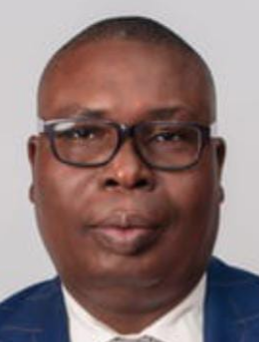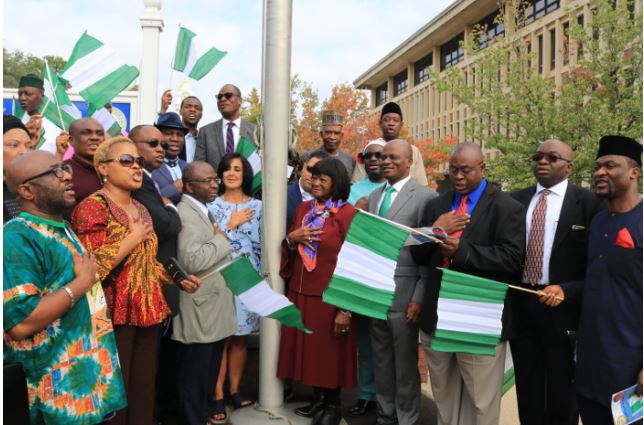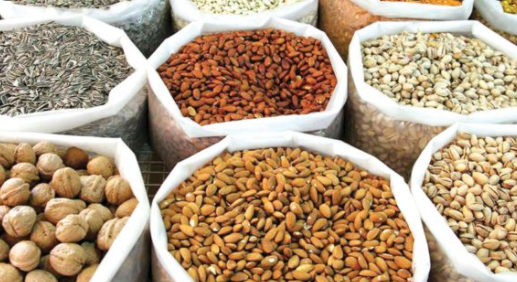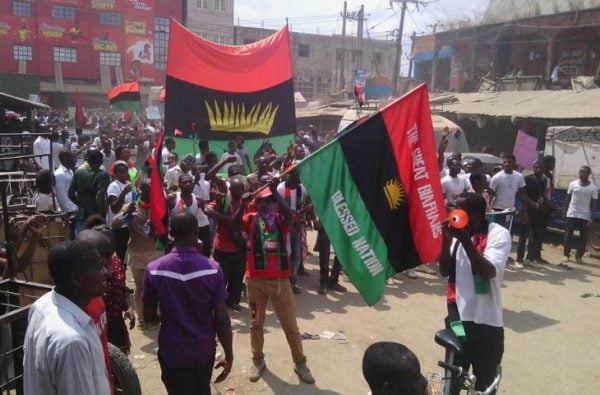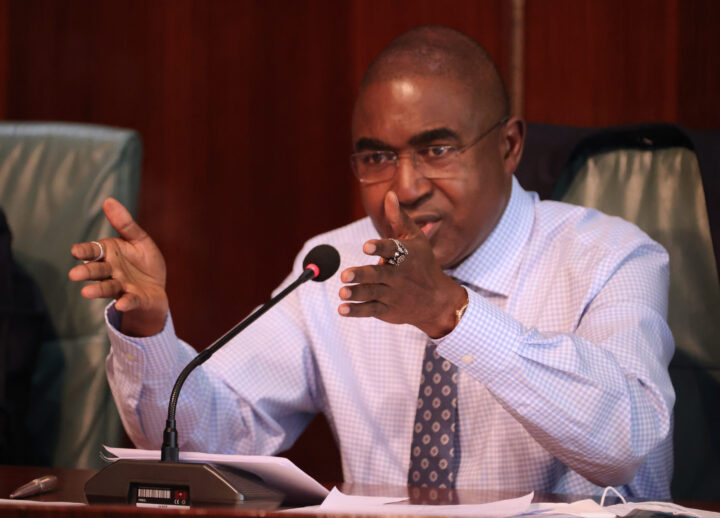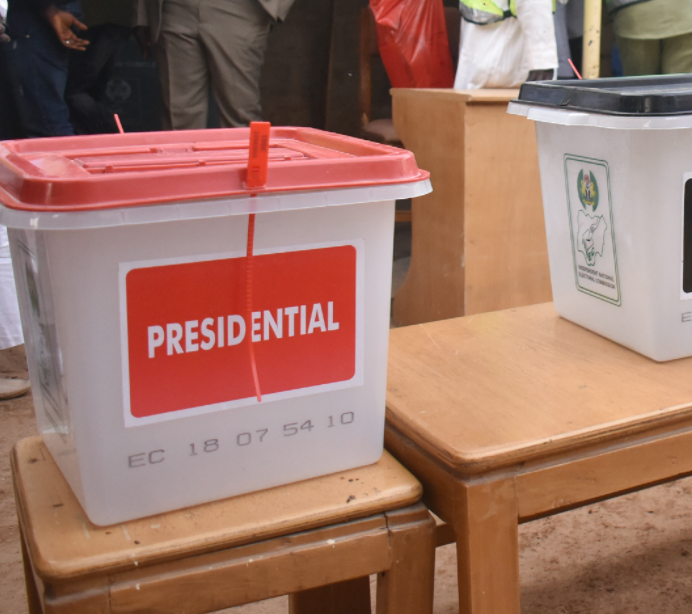Millions of Nigerians are scattered across the globe as Nigeria’s greatest and biggest exports to the world. From the Americas to Europe, from Asia to Australia, there is no continent of the world where you will not find Nigerians striving to eke out a living for themselves.
Like it is for other countries, not all the citizens of Nigeria are the same in character. Whether they live at home in Nigeria or are pursuing their purpose in foreign lands, the configuration of Nigerians is the same. They come in three categories – the good, the bad, and the outrageous. The good are law-abiding by choice and by nature. They are genuinely God-fearing whether they are deeply religious or not. Their consciences are alive. They love to live and let others live. They uphold rules, are ethical in conduct, and are a blessing to their communities. They are honest, truthful, loathe evil, dislike oppression, love development, and appreciate good deeds. They are neither partners of the leadership class that is systematically killing Nigeria nor patrons of the mindless citizens’ league that upholds indiscipline and lawlessness but complains the loudest that Nigeria is not a good country.
The bad is the exact opposite of the good. They are lawless by choice and by nature. They only obey the laws when the law enforcement regime is strict and unyielding to inducements. They are not God-fearing even though their deafening profession of religiosity loudly echoes to heaven and back. They are hypocrites, white-washed sepulchre full of dead men’s bones. Their consciences are seared with hot iron and stone old dead. They love to live without caring if others live or die. They are the epitome of self-centered existence at its peak. They detest rules, are unethical in conduct and are poison to their communities. They are dishonest, untruthful, love evil, espouse oppression, hate to contribute to the development, and don’t appreciate good deeds. They are active partners of the leadership class that enslaves Nigeria and are key officials of the citizens’ cult that contribute to the destruction of Nigeria. They are too blinded by their self-righteous nature and obsession for survival at all costs to acknowledge that they are part of the worst things that ever happened to Nigeria.
The outrageous come in two classes – The outrageously good (the exceptional) and the outrageously bad (the terribly terrible). One of the greatest hindrances to transformation in Nigeria is that most of the good Nigerians hardly ever seek or get the opportunity to lead in Nigeria because they love to work in silos instead of joining forces together to influence society positively and provide good leadership for their country. They hate politics, label it dirty, and by so doing willingly surrender their country to the bad and the terribly terrible to govern. Many of the good Nigerians in the diaspora left out of frustration. Most of the good ones at home have not learned any lessons from how the apathy of their kind has led to the current dilemma the country is wallowing in.
Advertisement
The Nigerians in diaspora can further be classified into three broad classes.
The grateful and progressive
This category of Nigerians in the diaspora are usually grateful to God for the opportunities life gave them to leave Nigeria and are also often grateful to Nigeria for how the tough foundation the shambolic system of doing things in Nigeria took them through and for how it prepared them to excel in their new place of residence.
They were good before they left Nigeria but they became much better because of their new environment and the amazing opportunities it exposed them to.
Advertisement
These Nigerians join hands to build their new countries and they retain the love and concern for Nigeria in their hearts. They are like Nehemiah in the bible. They are bothered about the broken walls of Nigeria and are most times genuinely seeking for roles to play in rebuilding the broken walls of their fatherland. They are good people. They are constructive critics whenever they chose to bare their minds about Nigeria. Together with the clan of good Nigerians at home, they are the best thing that ever happened to Nigeria and her global image. Whenever they have the opportunity to visit Nigeria or are called upon to serve Nigeria, their lives and actions exude values, excellence, and standards of the highest caliber.
The hybrid cum hypocrites
The Nigerians in diaspora in this category were bad Nigerians or averagely fair Nigerians before they left home. They left home because they were either favoured or frustrated but resolved to forge ahead and find a new hope to do well for themselves in their chosen fields of endeavour. Most of them are law-abiding abroad largely because of the fear of punishment. They behave well abroad because that is what society expects. The bad behavior and character they left home with did not totally depart from them. It was only pushed into the idle mode of their souls to hibernate. Anytime they have the opportunity to return home, their bad character and behavior get revived instantly and begin to rule over them. They drive the way they won’t drive abroad whenever they are back home. They drop litter anywhere and everywhere they like. They simply throw away the ‘good person’ they were abroad and wear their real personality all over again. They are always ready to take advantage of the system through their connections or the extra cash they can afford to use to oil their ways forward. Some of the people in this category always find it easy to steal Nigeria blind if they have access to government coffers. They embrace wasteful spending of government funds and engage in all manner of corrupt practices whenever they are appointed into public offices in Nigeria. They quickly return to their base after cashing out and they are never ashamed to continue to open their mouths wide in condemnation of Nigeria whenever occasion permits. Because most of them behave well abroad to avoid entering into trouble, they don’t negatively affect the image of Nigeria abroad even though they don’t significantly boost it as well. Their real nature manifests abroad sometimes and pushes a few of them to run foul of the law. In such instances, they draw negative attention to Nigeria and to other Nigerians in the diaspora.
The grumpy and garrulous
Advertisement
This is the third category of Nigerians in the diaspora. They are terribly terrible. They were not good before they left home. They were part of the problems of Nigeria but will never acknowledge it. They left home in desperation and upon discovering the better lives in their new country of residence, they became bitter against Nigeria for the pain they thought Nigeria made them pass through before they got the opportunity to escape.
Most of these Nigerians are lazy and lousy. They hate hard work and love fast life. They are very loud in all conversations and discussions. They are uncultured and uncivilized but they live in denial of it. They are boastful and shamelessly arrogant. They talk too much and can break into a fight on the street. They love partying always. They are an easy target of criminal fraternities. They are in a hurry to make money and are willing to do any dirty deal to make money. They are into wire frauds, drug business, fake businesses, and all sorts of shady things.
They are armchair critics whenever occasion permits them to discuss Nigeria openly. No matter how many years they spend abroad, they are forever bitter but never better. They are the perfect profile of bad Nigerians and more. They are rebels against normalcy and lawful existence.
Anytime they are privileged to come home, they are human infectious diseases to their communities. They are the people popularly known in Nigeria as “I just got back!” They are the unprofitable ambassadors of Nigeria. No society becomes better because they are in it.
Whether in the grateful and progressive category or in the hybrid hypocrites’ category or the grumpy and garrulous, they all have one thing in common. They believe they are better than their friends and families at home and were at no time part of the people whose actions and inactions reduced Nigeria to a crawling giant. Between the three groups, their annual remittances from abroad are the chunk of the financial lifeline that keeps Nigeria alive.
Advertisement
In their innermost beings, most Nigerians in the diaspora like their kiths and kin at home yearn to see the emergence of a truly great Nigeria. Many have waited for years unending and became too discouraged to have any hope for Nigeria’s survival again. Many of them have painfully concluded in their hearts that nothing good can ever come out of Nigeria again. But still, there remains within the diaspora community a remnant of Nigerians who believe Nigeria will be great if they that are abroad would join hands with those who are at home to birth a truly great Nigeria where opportunities will abound for all. They always see New Nigeria around the corner and are amongst the patriots actively working to make it happen. The latest effort they are involved in is called ‘My Great Nigeria’ campaign. You can know more at www.mygreatnigeria.org to see what role you too can play to support.
Nigeria is not a lost cause. A nation is the sum total of the character of its people. If every bad and outrageously bad Nigerian would judge themselves, acknowledge their faults, and consciously focus on self-improvement and self-transformation ideals, they will make themselves worthy of becoming members of the good Nigerians’ team and Nigeria would be saved by all of them working together.
Advertisement
Osho is a pastor, nation builder, and technotician. He is an incurable optimist that Nigeria will be great. He was the FCT senatorial candidate of Abundant Nigeria Renewal Party in the 2019 elections
Advertisement
Views expressed by contributors are strictly personal and not of TheCable.
